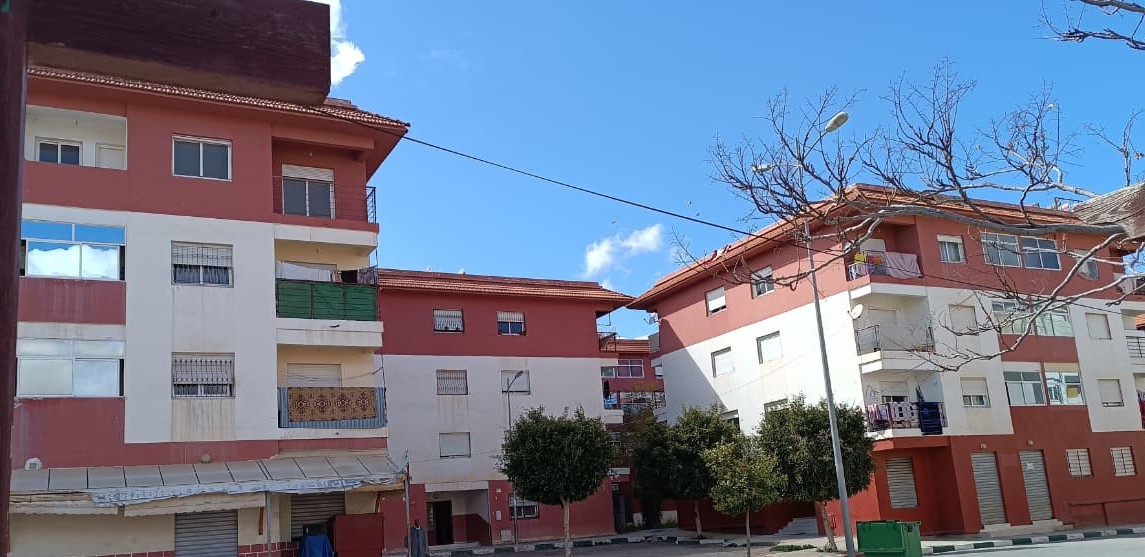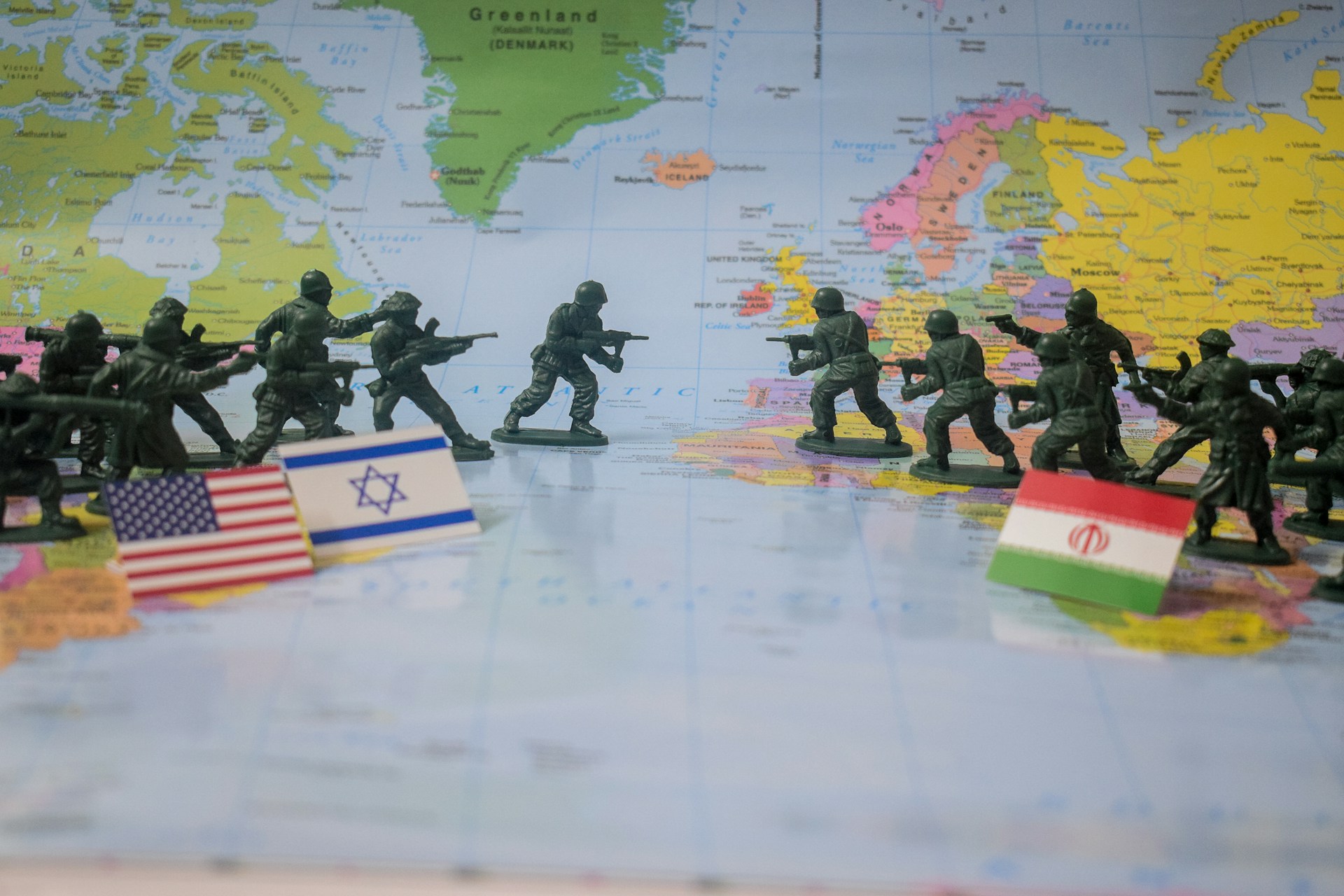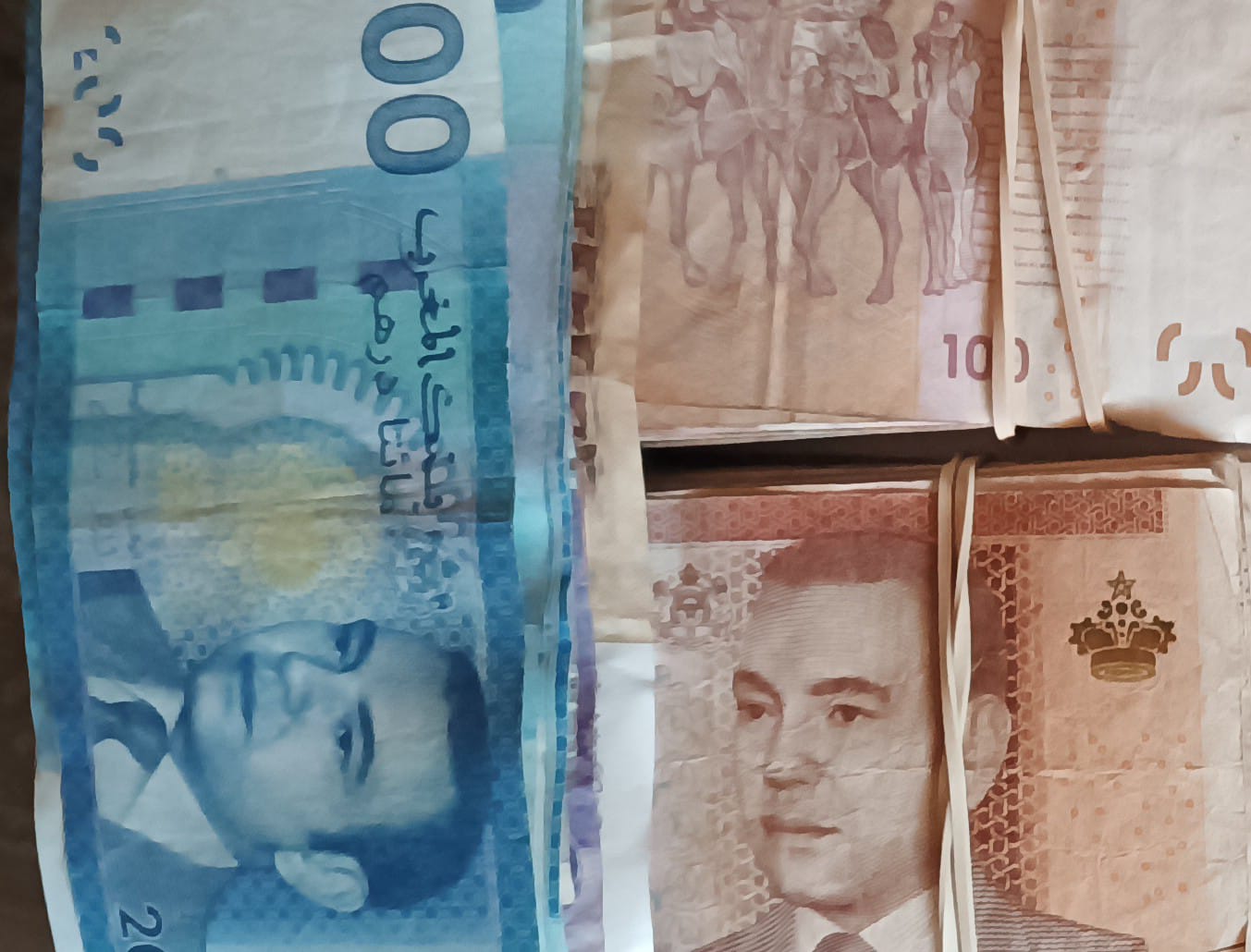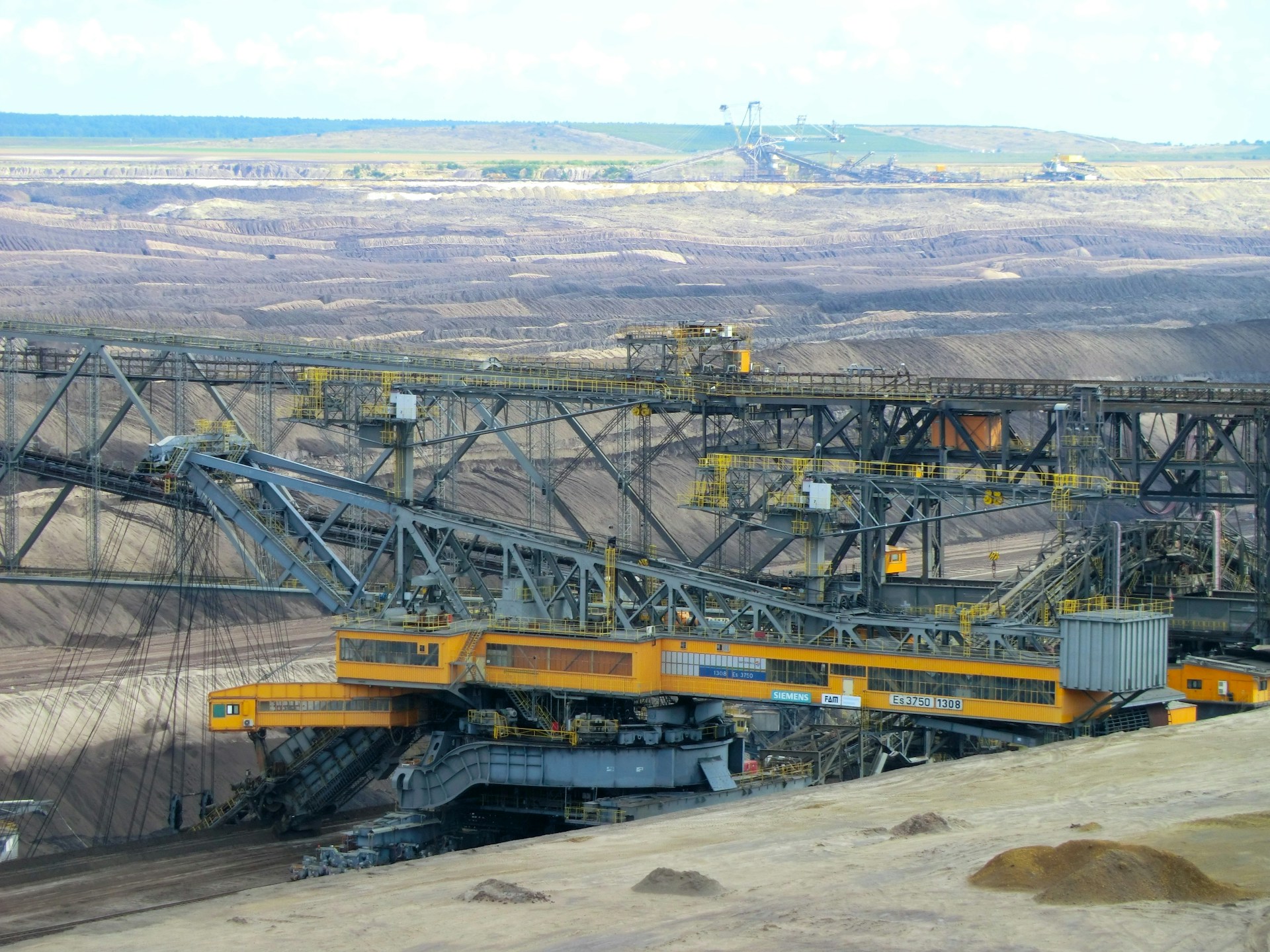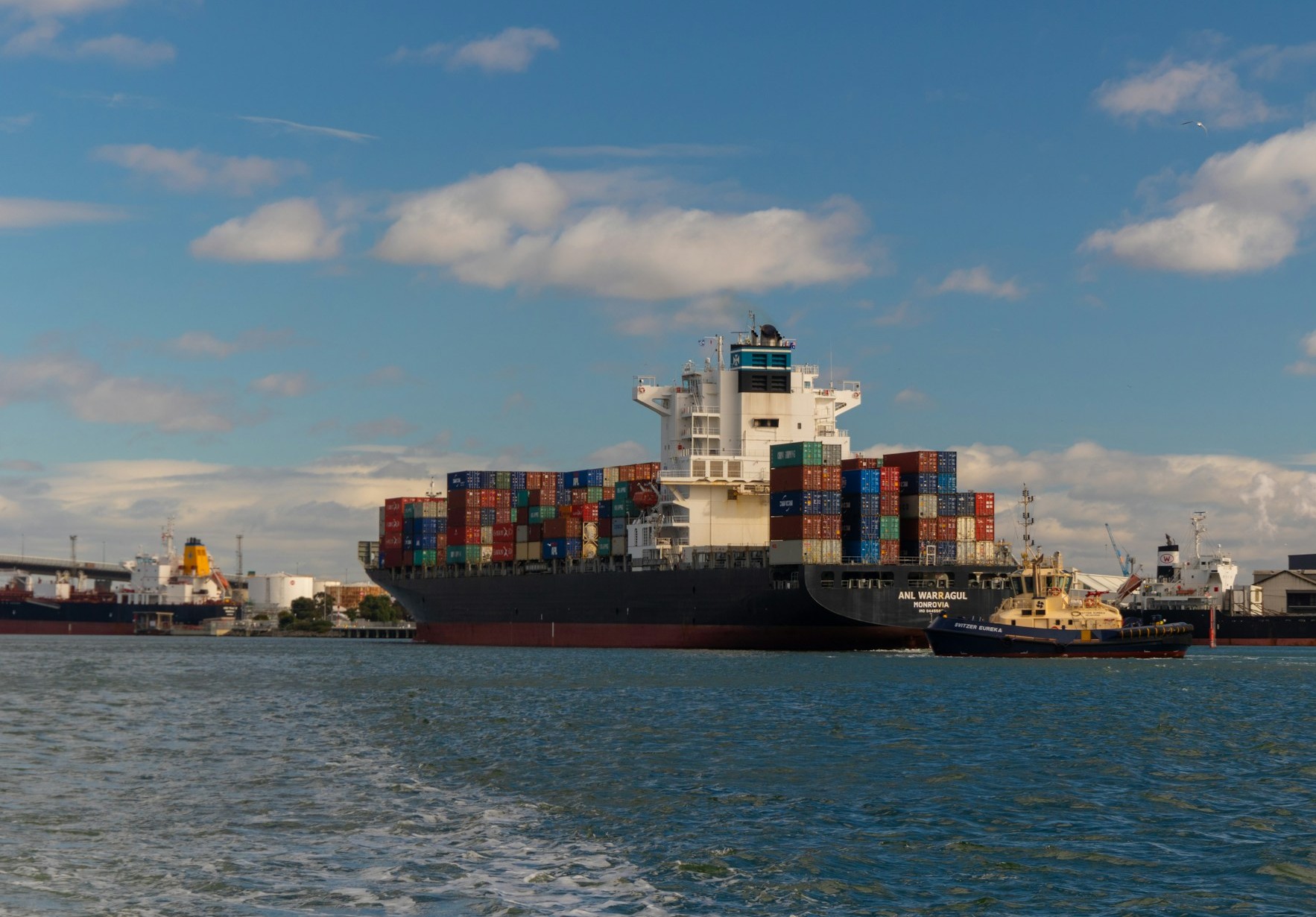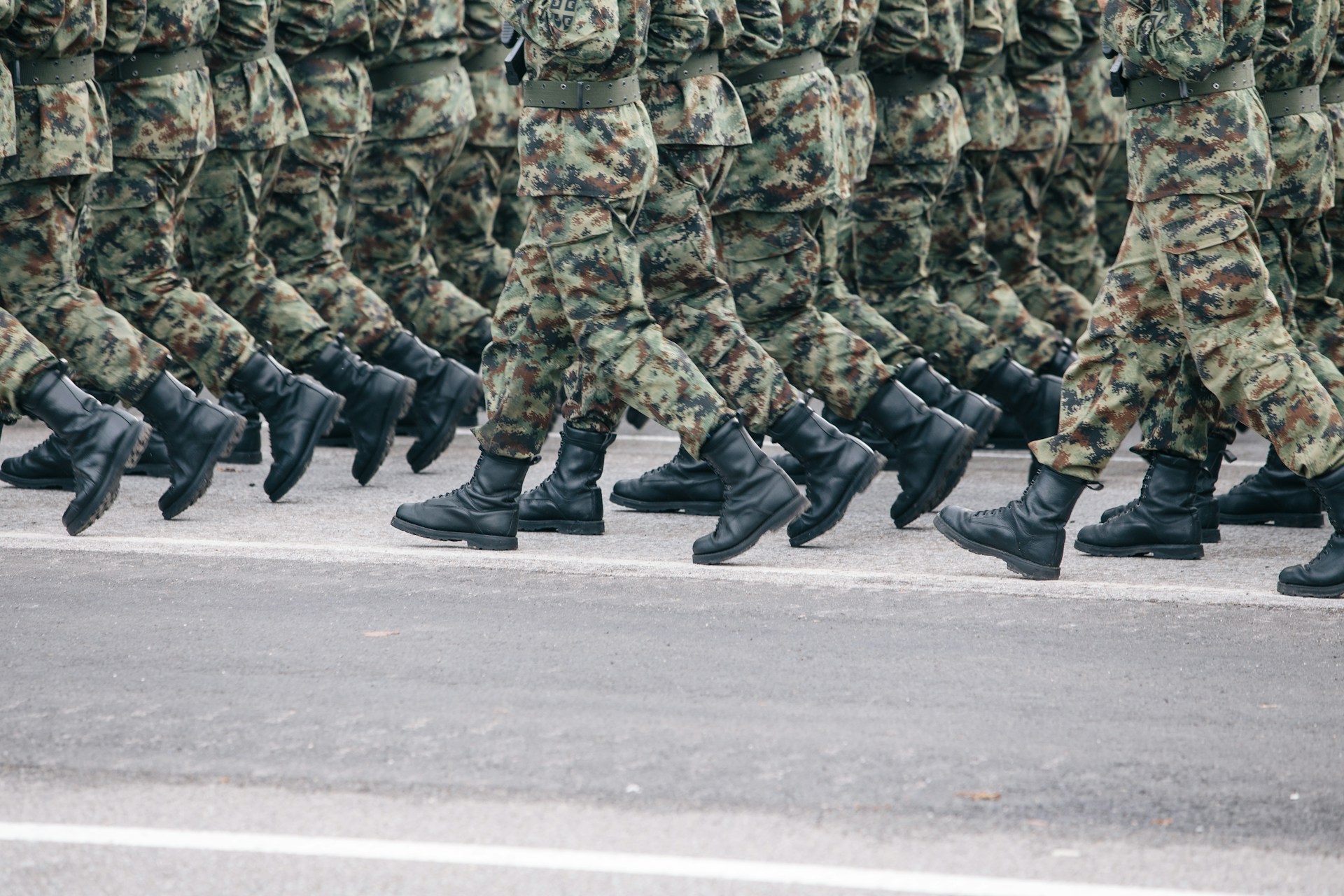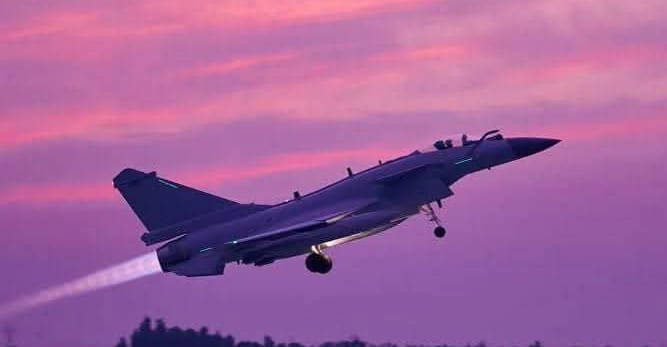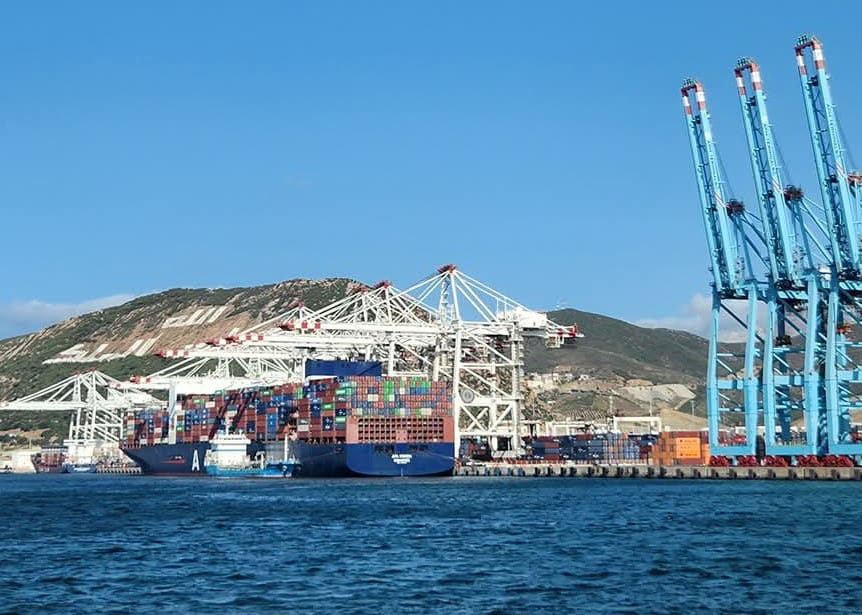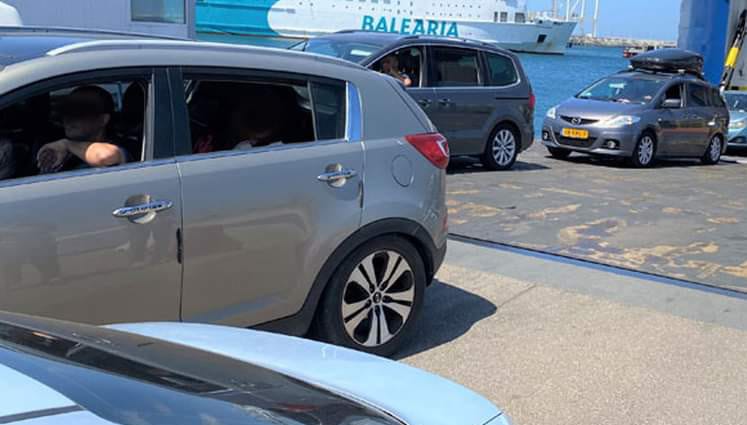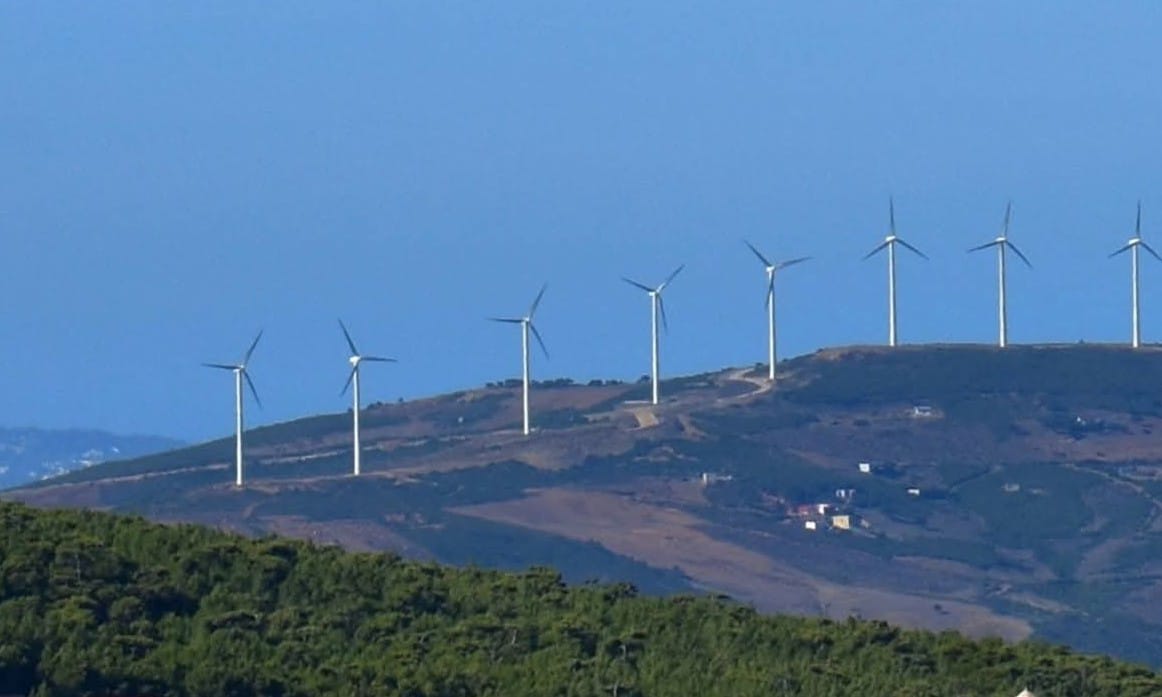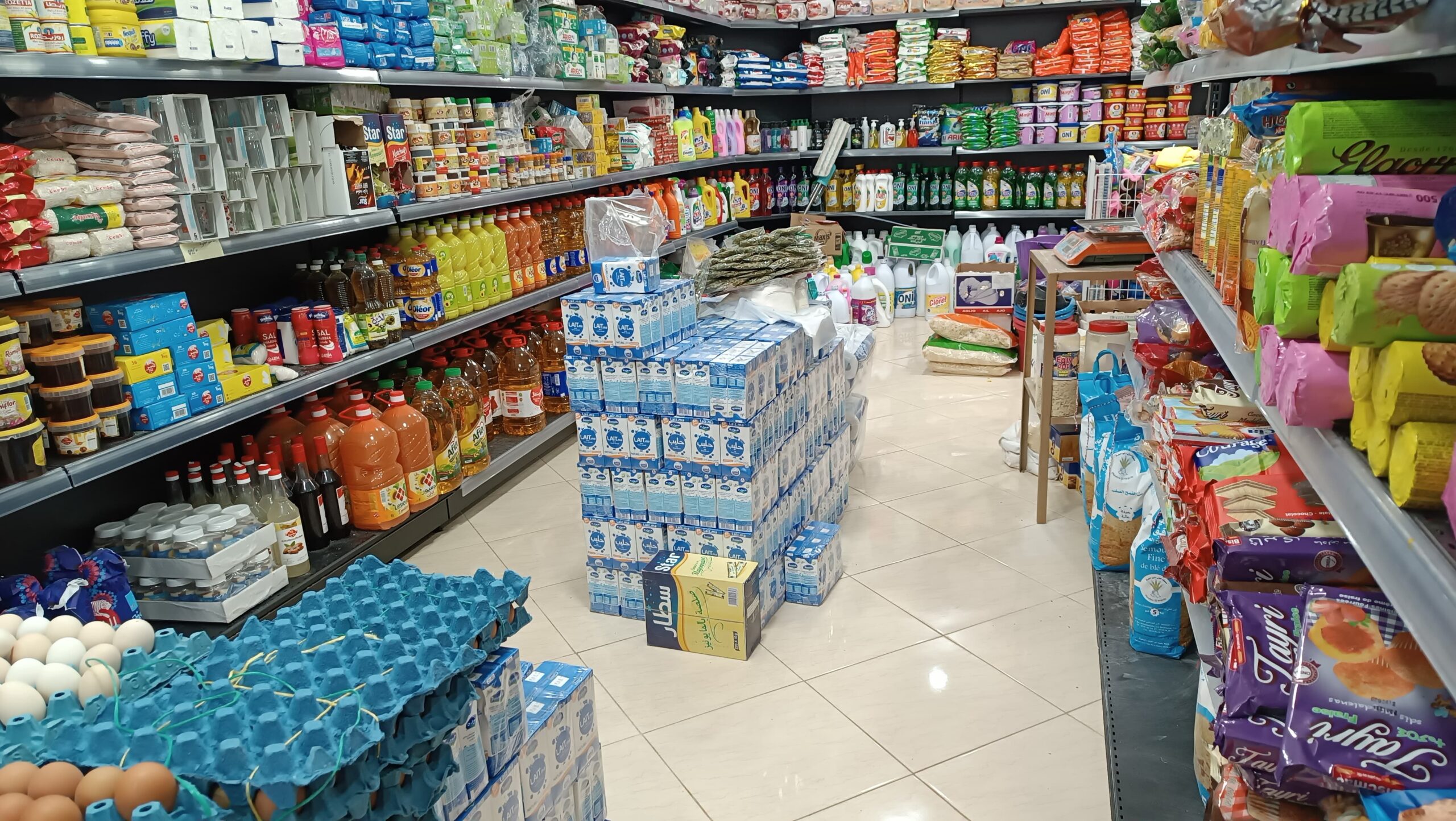Casablanca – Morocco is set to substantially raise its military spending in 2026, with the government allocating $16.2 billion to the National Defense Administration, representing an 18% increase compared to the $13.5 billion defense budget of 2025. The draft Finance Bill for 2026, presented to Parliament by the government, underscores Morocco’s commitment to strengthening its armed forces while fostering a domestic defense industry.
A steady rise in military expenditure
The 2026 budget continues a clear upward trend in Morocco’s defense spending observed over recent years. Between 2022 and 2025, allocations increased from $11.5 billion in 2022 to $12 billion in 2023, $12.4 billion in 2024, and $13.5 billion in 2025. This consistent growth reflects a long-term strategic approach aimed at modernizing the armed forces, expanding operational capabilities, and positioning Morocco as a key regional military actor.
The increase also responds to regional security dynamics, particularly in the Maghreb and Sahel regions, where evolving threats and geopolitical tensions require enhanced military preparedness.
Expanding personnel and capabilities
The draft Finance Bill provides for the creation of 5,500 to 8,000 new positions within the National Defense Administration in 2026, making it one of the largest public employers in the country. Only the Ministry of Interior, planning 13,000 new recruits, exceeds it in workforce expansion. These additional positions aim to strengthen human resources, improve training and logistics, and support Morocco’s broader military modernization plans.
The funding will also support equipment acquisition, repair, and maintenance for the Royal Armed Forces. By investing in both hardware and personnel, Morocco seeks to build a more agile, technologically advanced, and self-reliant military capable of responding to evolving threats.
Developing a domestic defense industry
A major component of Morocco’s 2026 defense strategy is the development of a national defense industry. Building on successful industrial experiences in automobile and aircraft manufacturing, the government aims to create a sector capable of meeting domestic demand and exporting to international markets.
This strategy is already taking shape through partnerships with foreign companies and governments. For example, Morocco has launched an armored combat vehicle manufacturing plant in Berrechid, western Morocco, in collaboration with an Indian defense company. Additionally, the country continues to diversify its procurement sources, acquiring equipment from American, French, and Israeli suppliers, while investing in cybersecurity, maintenance, and air defense programs.
Regional comparison and strategic context
Despite Morocco’s growing investment, its defense budget remains below Algeria’s, which has allocated $24.6 billion to its armed forces in its 2026 draft budget — nearly double Morocco’s allocation. Algeria thus remains the largest military spender in Africa.
Nonetheless, Morocco’s increase reflects the government’s determination to prioritize national security, enhance strategic autonomy, and modernize its military capabilities amid a complex regional environment. By combining budgetary growth, workforce expansion, and industrial development, Morocco positions itself as a self-sufficient and capable regional actor.
Strategic and long-term implications
The 2026 defense budget demonstrates Morocco’s dual approach: improving immediate military readiness while investing in the long-term development of domestic capabilities. This strategy is intended to strengthen defense autonomy, create high-skilled jobs, and enhance technological capacity.
Beyond conventional military expenditures, the Finance Bill also accounts for initiatives such as natural disaster response and public administration modernization, reflecting a broader national resilience strategy. Integrating these measures illustrates Morocco’s commitment to comprehensive security, encompassing both military strength and societal preparedness.
With a record allocation of $16.2 billion, Morocco’s 2026 defense budget underscores the country’s strategic priorities: modernizing its armed forces, expanding personnel, and developing a domestic defense industry. These measures aim to secure the kingdom, respond to regional challenges, and assert Morocco’s role as a capable and autonomous regional power.
The 2026 budget highlights Morocco’s long-term vision, combining military modernization, industrial development, and strategic partnerships, ensuring that its armed forces are prepared to face current and future security challenges in North Africa and beyond.
